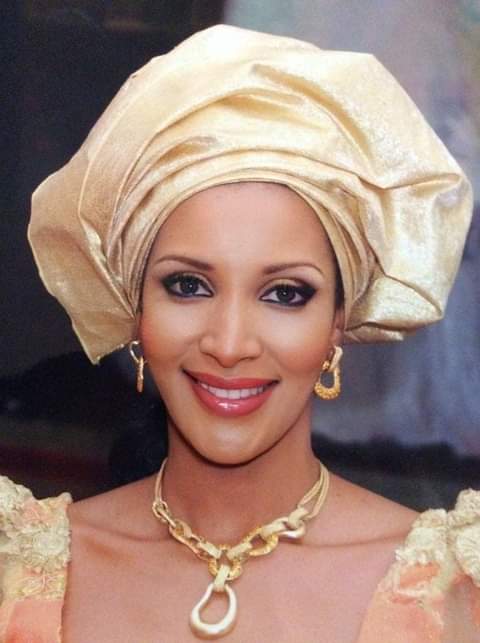
The Nigerian government has expressed concerns about the deportation of its citizens from the United States, urging Washington to adhere to international conventions and ensure a respectful repatriation process.
On his first day as President of the United States, Donald Trump signed several executive orders aimed at tightening immigration policies. These included ending birthright citizenship for children of undocumented immigrants, declaring a national emergency at the US-Mexico border, and deploying additional troops to the southern border. Trump also reiterated his promise to deport millions of undocumented immigrants.
During a meeting with US Ambassador to Nigeria, Richard Mills Jr., Nigeria’s Minister of State for Foreign Affairs, Ambassador Bianca Odumegwu-Ojukwu, highlighted the emotional and financial toll these deportations are having on Nigerians in the US and their families back home.
In a statement issued by her media aide, Magnus Eze, Odumegwu-Ojukwu revealed that there are currently around 201 Nigerians held in US immigration centers, with approximately 85 of them cleared for deportation.
The Nigerian government is calling for a more humane approach to these deportations, particularly for individuals with no history of violent crime.
“Many Nigerians in the US send vital remittances to support their families in Nigeria, funding their survival and education. These deportations should not be traumatic or abrupt,” Odumegwu-Ojukwu said.
“We are asking if they will be given enough time to handle their affairs, or if they will simply be forced onto planes and sent back.”
The minister also raised concerns about the potential suspension of the US’s Drop Box Visa System, which has allowed Nigerians to renew visas without in-person interviews.
Given that many Nigerians rely on this system for travel to the US, Odumegwu-Ojukwu urged the US to clarify its stance and address growing concerns about visa procedures.
The status of Nigerian students in the US is also uncertain, with approximately 14,000 students supported by Nigerian families who fear that changes in US policy could impact their children’s education. Additionally, Odumegwu-Ojukwu expressed worries about the ongoing review of USAID programs, which are vital for humanitarian efforts in Nigeria. She urged the US to provide clarity, emphasizing that any reduction in aid would have a disproportionate impact on vulnerable communities in Nigeria and across Africa.
“We cannot say whether it’s a full suspension, but many NGOs are seeking clarification. We are appealing on behalf of the NGOs in Nigeria—there are already concerns within a month of the 90-day review,” the minister said.
“Even if this initiative is discontinued as an agency, the ideals must be preserved to ensure that poor communities in Nigeria and Africa are not abandoned.”
In response, Ambassador Mills assured that the Drop Box Visa System had not been suspended, explaining that it was part of a policy review typical of any new administration. He acknowledged the concerns of NGOs but emphasized that the situation was under review.
Regarding deportations, Mills stated that most deportees would be returned to Lagos and clarified that those being repatriated would primarily include individuals convicted of crimes or those who violated US immigration laws.
“Deportees will be returned to Lagos, not Port Harcourt or Abuja. The first group will include convicted prisoners and those who have violated US immigration laws. Some of them appealed, but their cases were denied, and they remain in the US,” Mills said.
Advertisement






